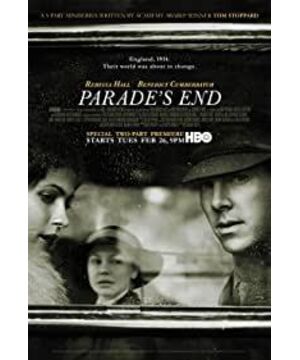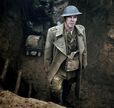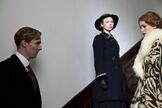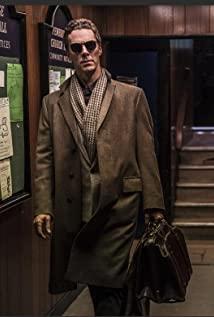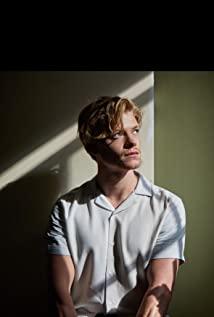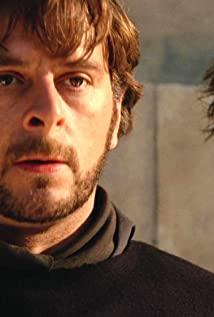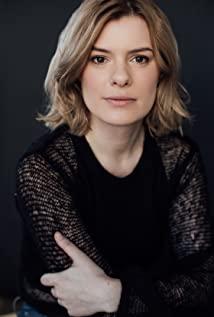In the years before and after the war, all kinds of people came and went. See the faces of some people. Also made new friends in the trenches. On the one hand is the ridiculously hard and disgusting war, on the other the rear of the song and dance life. Even boot camps are such a contrast. There's something absurd about those marching bands, too. Because of such a trench environment, people miss the beautiful English countryside and the person who symbolizes beauty and purity.
The woman has stunning looks to do her pass, and her wrists are not bad. She always gets what she wants, and often gets, except for this stereotypical husband. After eloping and returning, she seems to be keeping her virginity, which does not prevent her from flirting with others. Until a farce on the semi-front line temporarily fixes their relationship. And then relapsed because of the emptiness of wartime. Her suitor will naturally give her husband some obstacles, but that's okay. She always has a next goal.
What if a man has wisdom and insight? Watching him slowly lose money and social status because of his own principles and condoning his wife. He didn't really care because that wasn't what he wanted. Even if the groby tree that symbolizes tradition and heritage is finally cut down, he can slowly let go. World War I changed everything. That monologue about the bomb. It's a stupid thing for humans to destroy each other. But when they got to the front line, dragged in the mud, received shells sent by the other party on time and according to the amount, and even eating a sandwich was a luxury, people also turned into beasts.
The third party in the triangle is not much inked, almost a symbol of beauty, getting a not too bad emotional destination.
In such a life journey, there are naturally all kinds of companions, some crazy or stupid, some selfish and wretched or not worth mentioning. But the actors are all old gingers.
It is said that the original novel is a stream-of-consciousness modern novel, and it is very rare to be able to change it into such a TV series. The dialogue is a little difficult, and subtitles are still needed to help understand. The picture is beautiful and picturesque.
The screenwriter has a preference for the character S, and RH's interpretation is also insane. But such a selfish person is not my thing. BC plays the war-influenced changes of a stereotypical gentleman. I was more sympathetic to his part during the 5 episodes. RA and BC can't help but have a cabin pressure comedy to the scene.
The empire on which the sun never sets went into decline after World War I, and the hierarchy in which the upper and lower classes performed their duties was further disintegrated. At the end of the bustling, the friends around you have changed a lot, which may not be a bad thing. The hardships after the war have not been revealed, so let us stop at this brief moment of joy.
View more about Parade's End reviews


